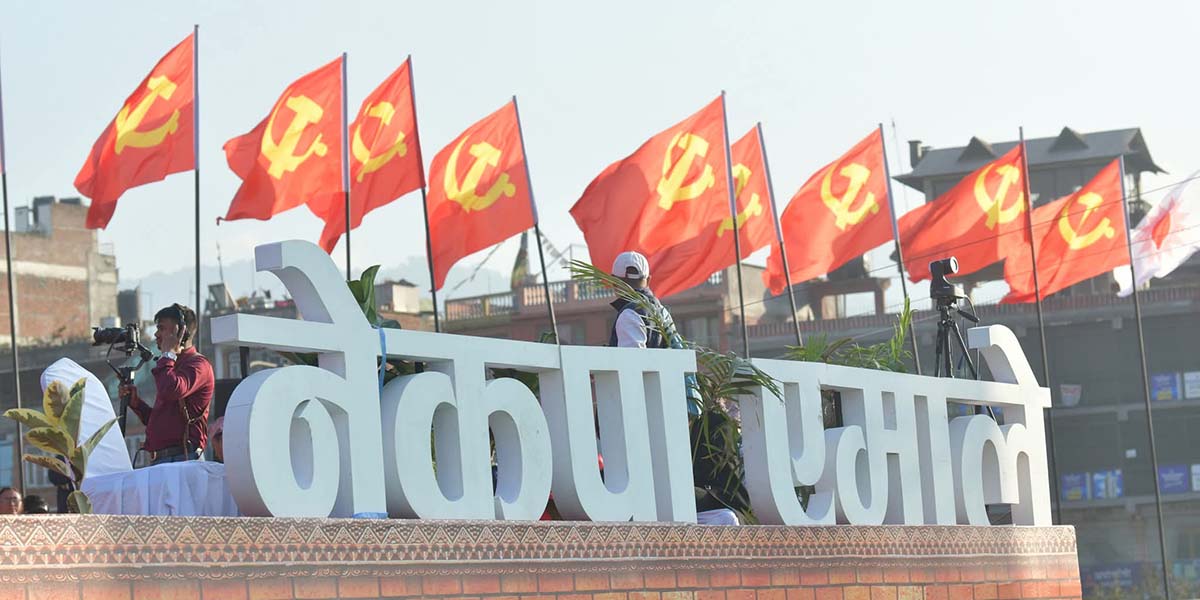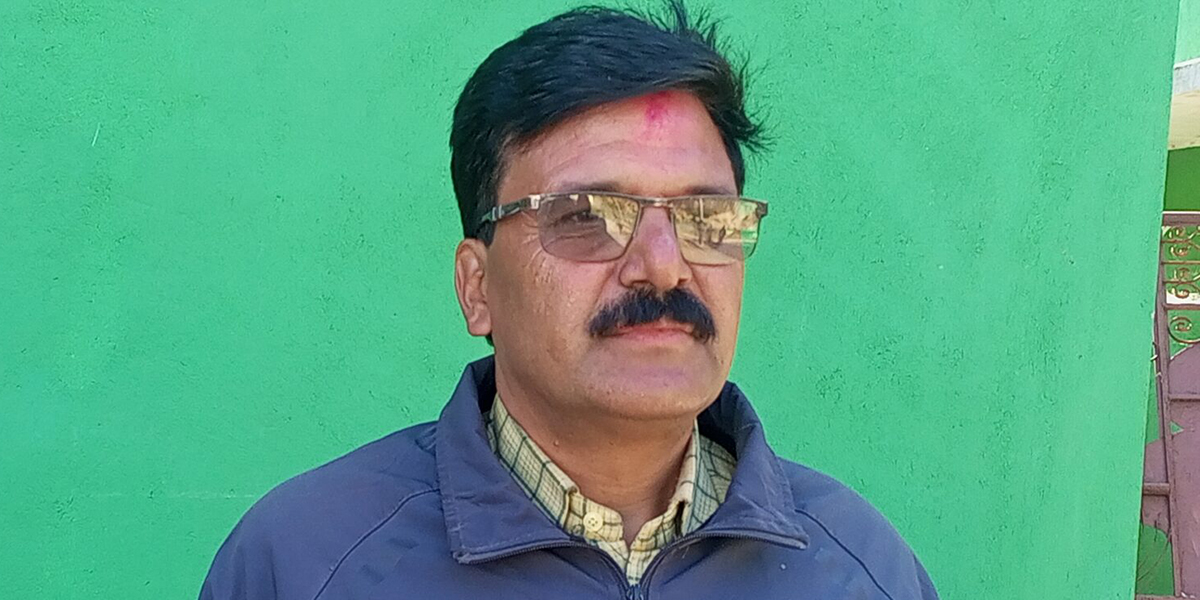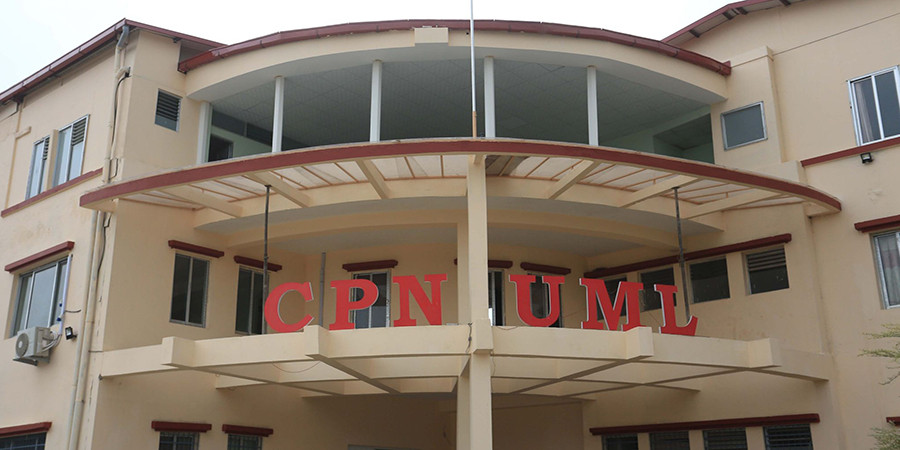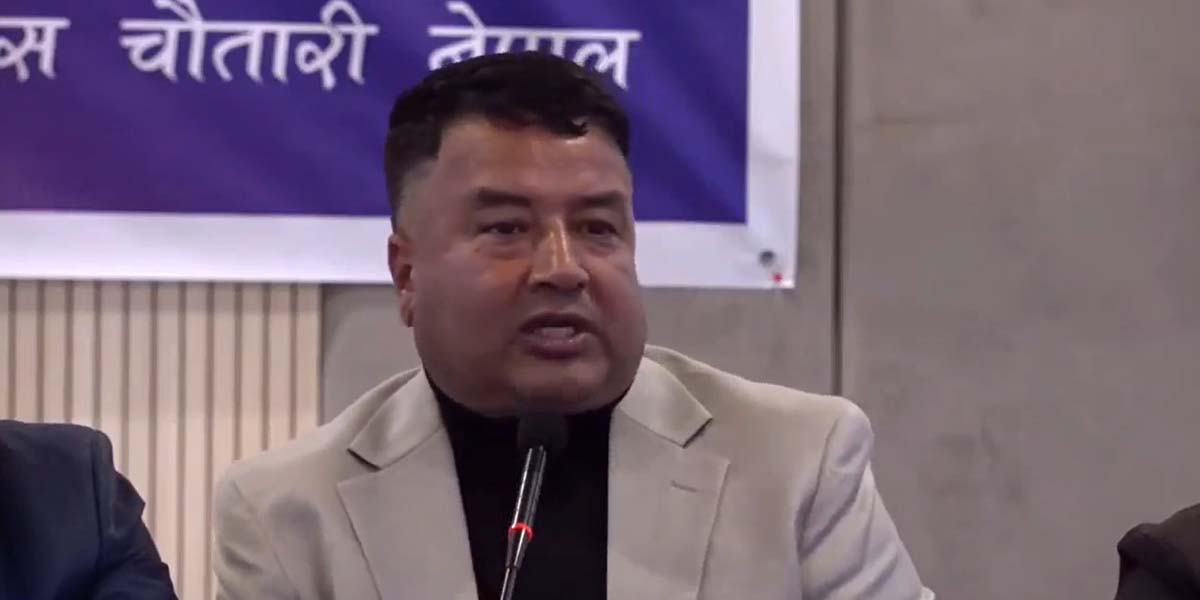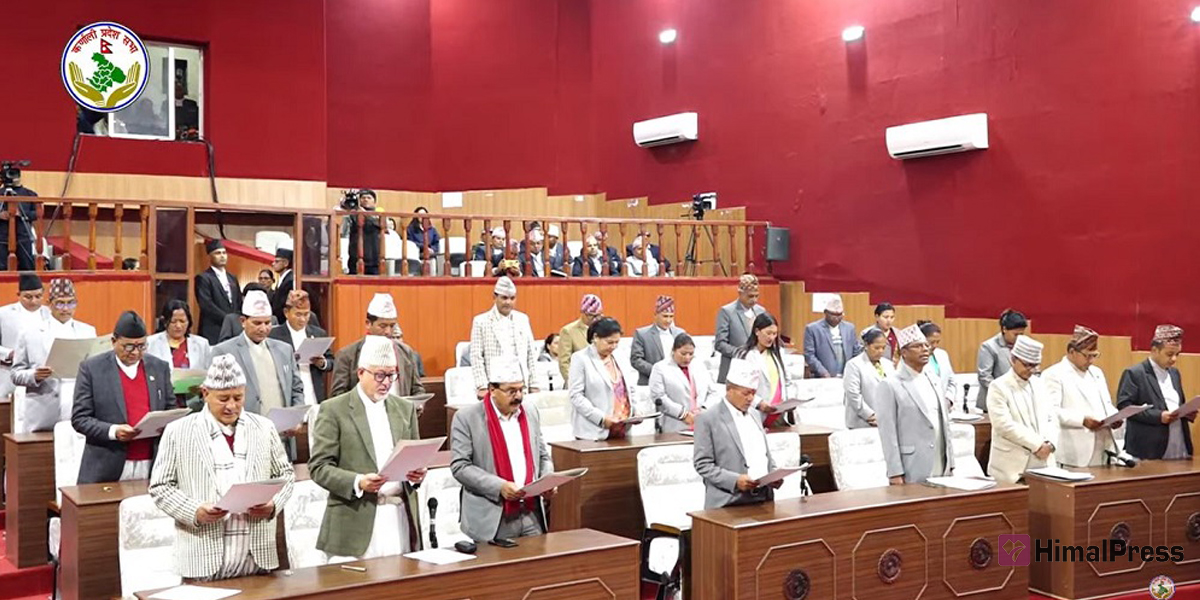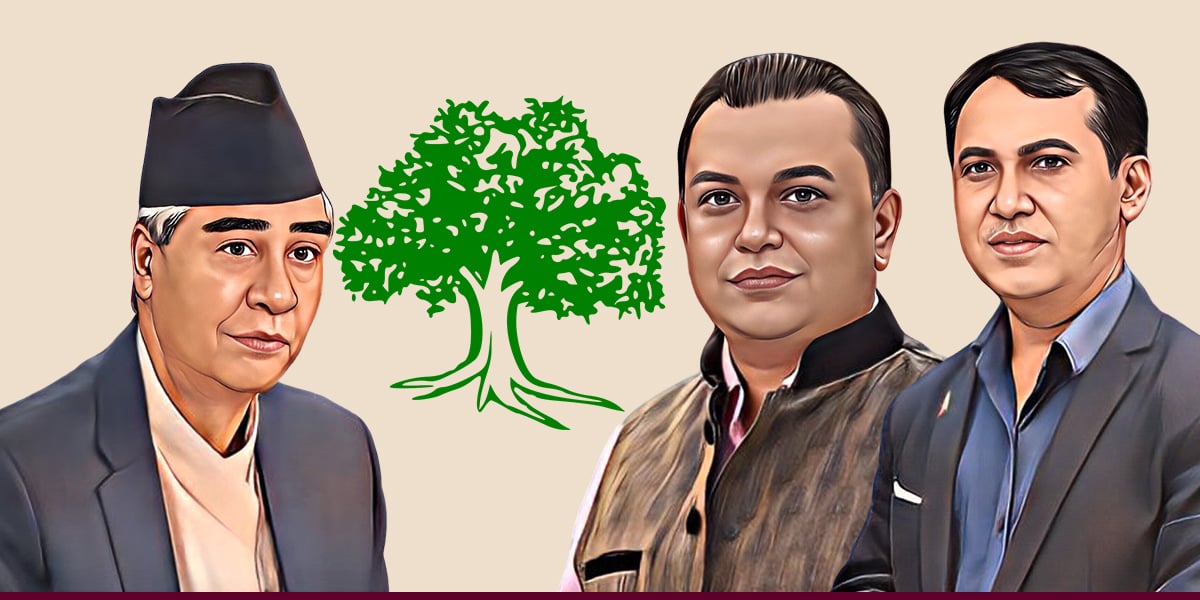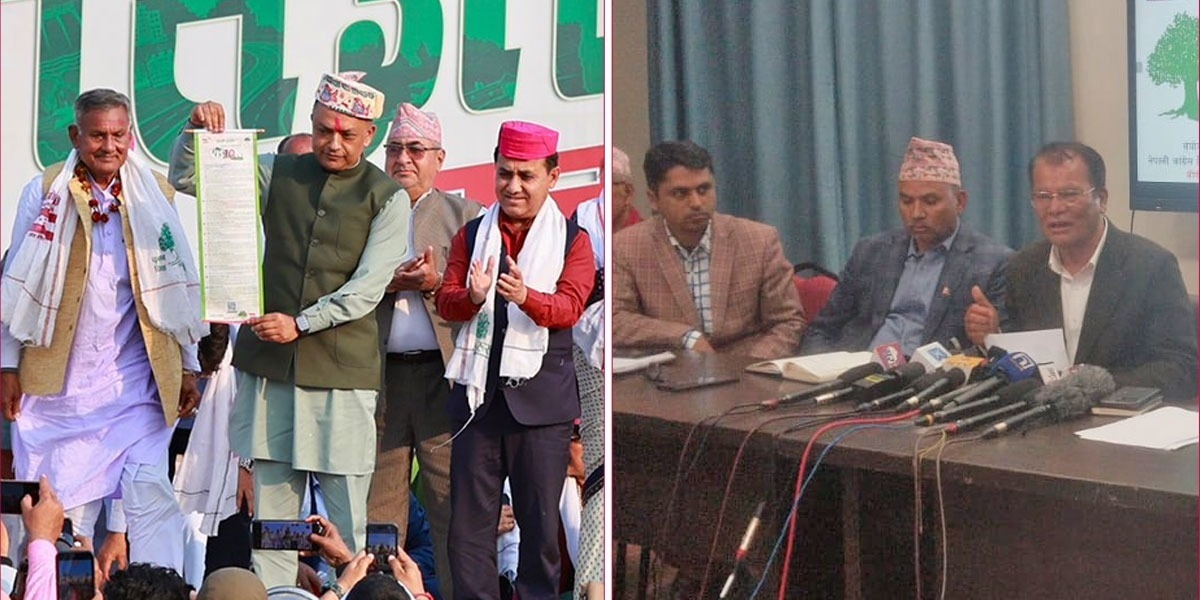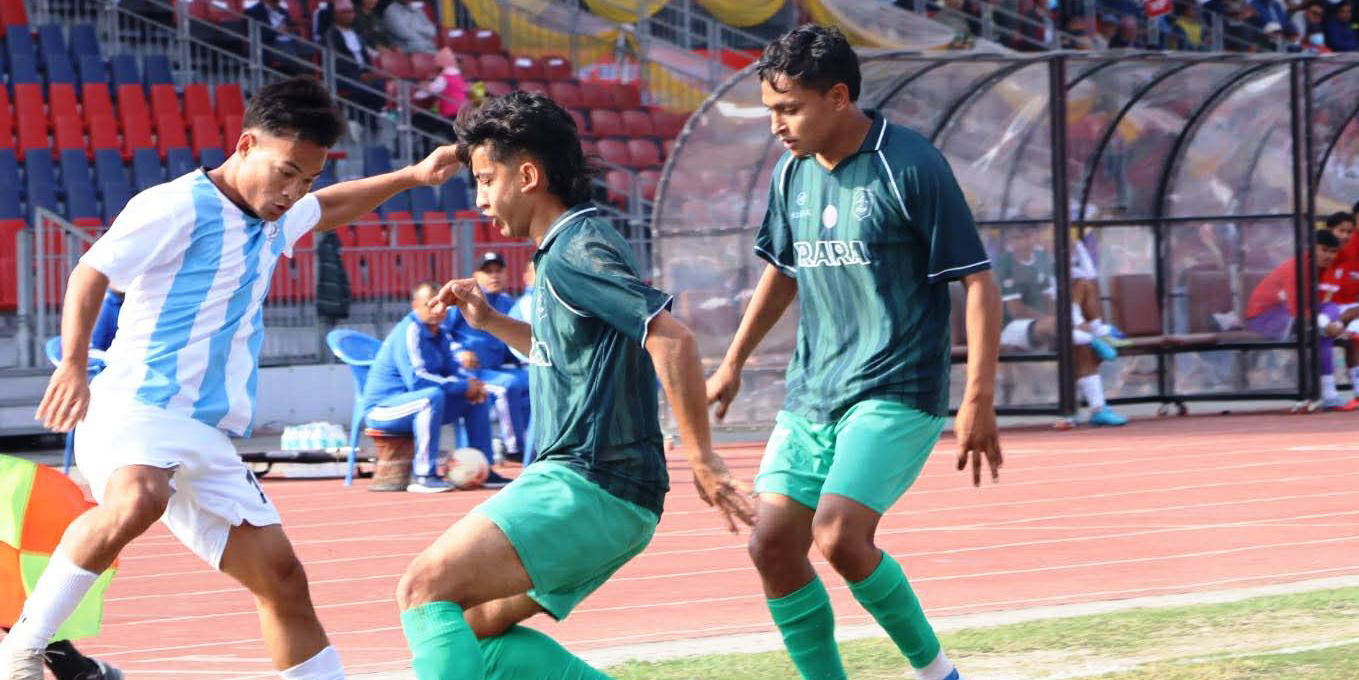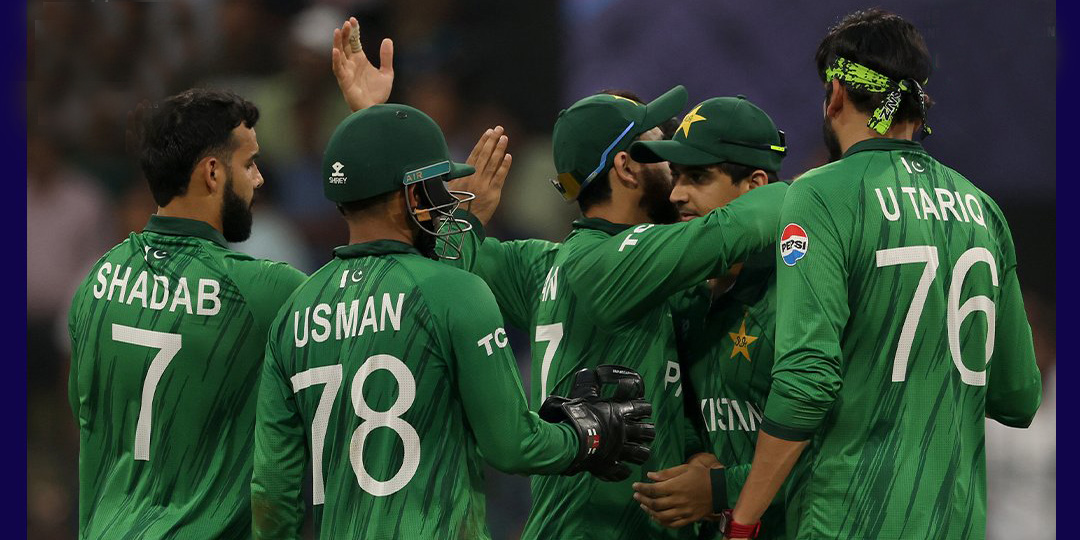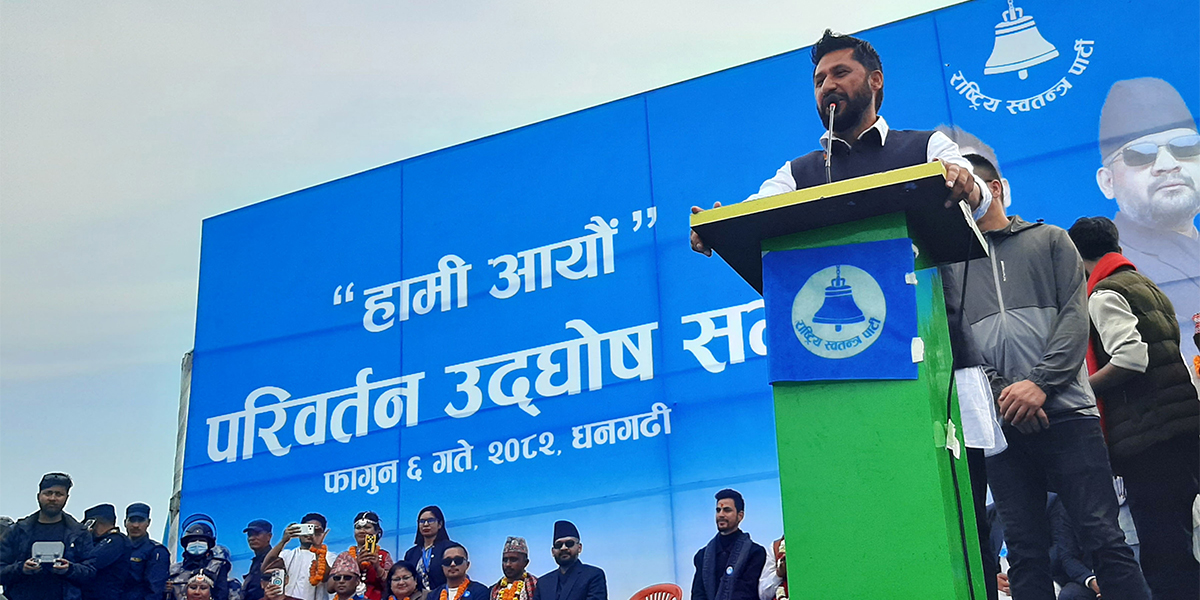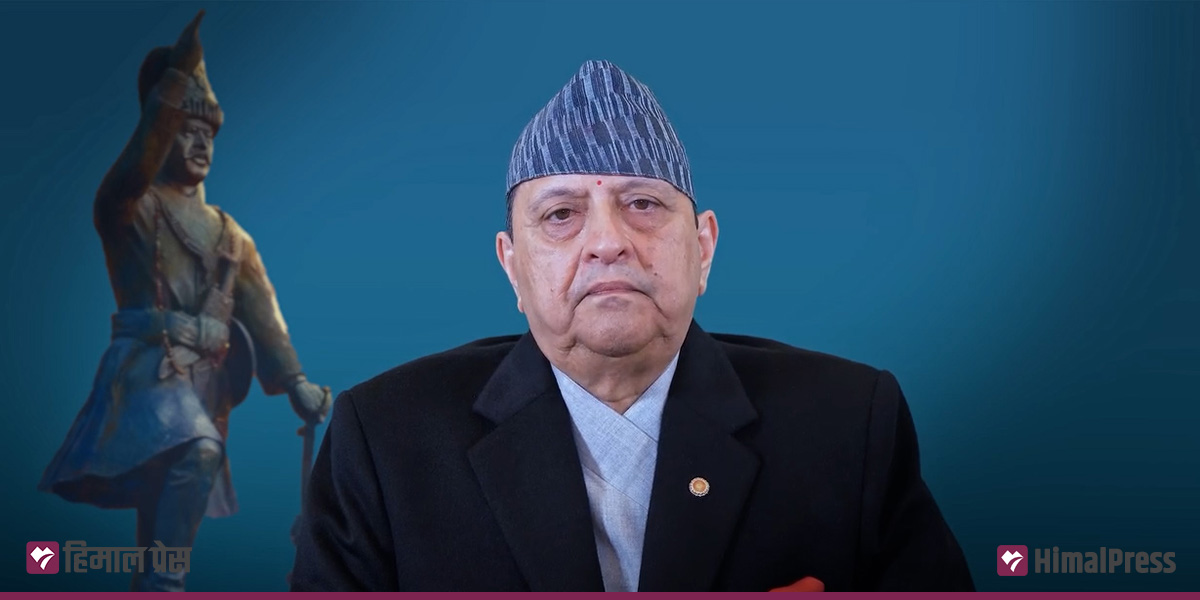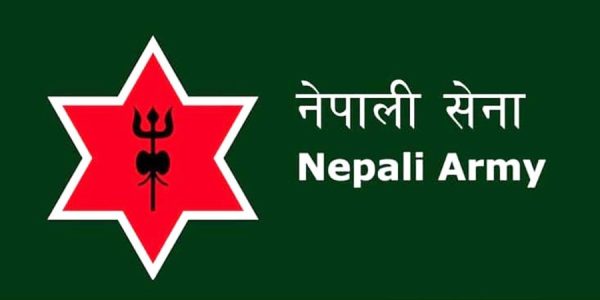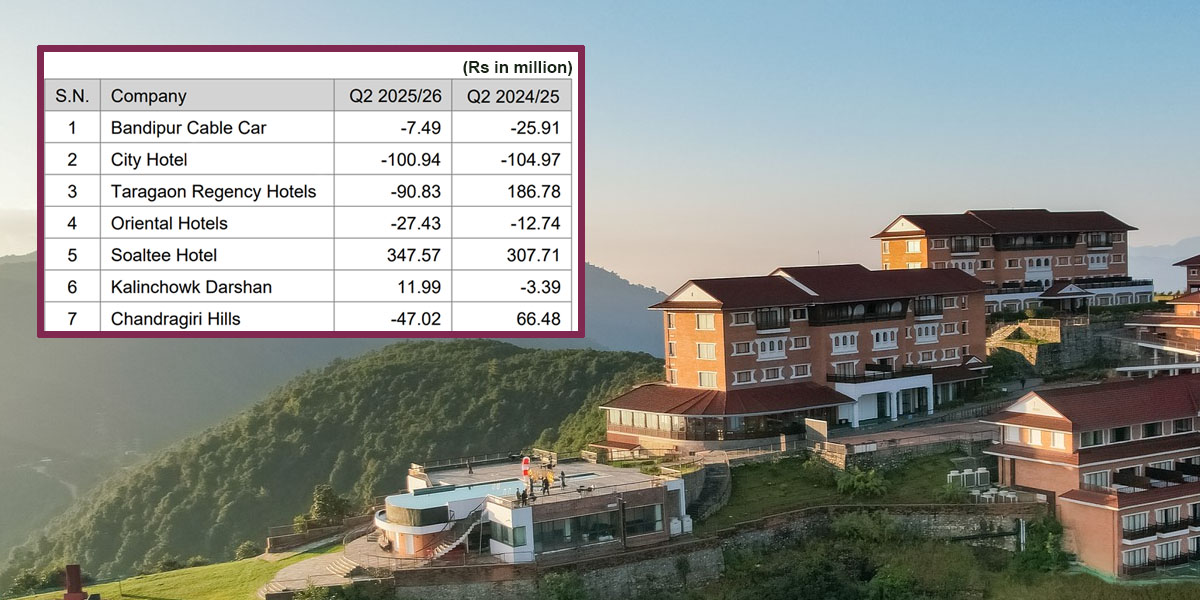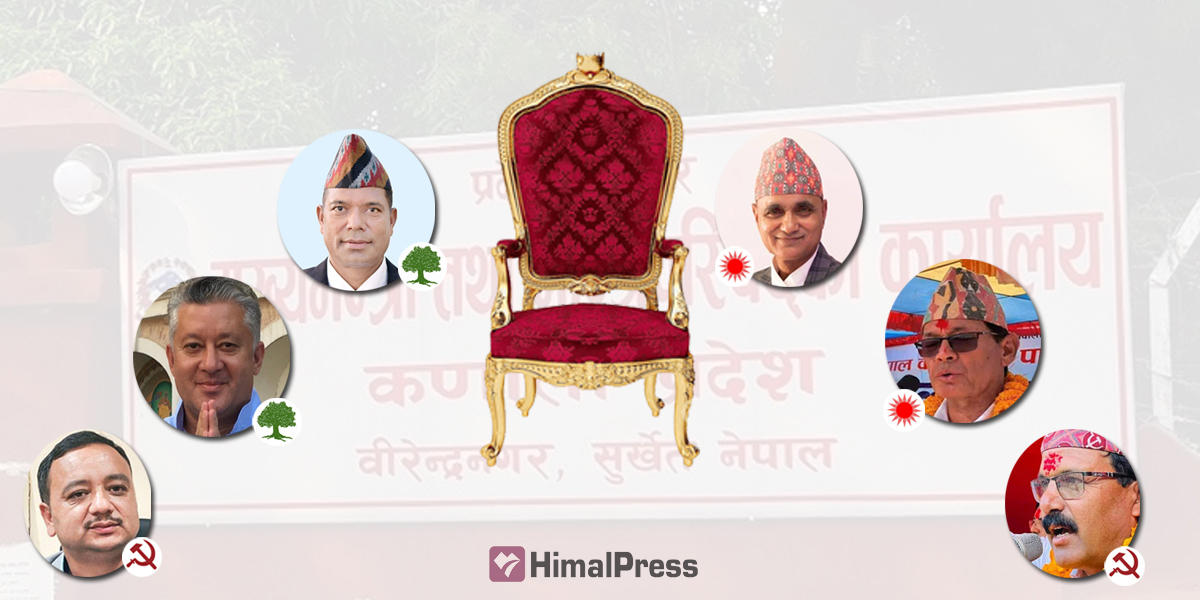
SURKHET: With the final results of the November 20 polls already out, discussions have begun on the formation of government in Karnali Province.
The ruling coalition is almost certain to form the government, but it is not clear which party will lead the government.
Karnali Province Assembly has 40 seats – 24 elected from the first past the post (FPTP) system and 16 from the proportional representation (PR) system.
The ruling coalition, which won 28 seats, has a clear majority in the province assembly. While Nepali Congress won 14 seats, CPN (Maoist Center) and CPN (Unified Socialist) won 13 and one seat, respectively. Similarly, CPN-UML and Rastriya Prajatantra Party (RPP) won 10 and one seat, respectively, while independent candidate was victorious in one seat.
Chief Minister and NC leader Jeevan Bahadur Shahi has expressed interest to serve a second term as the chief minister, while Maoist Center has put Karnali Province in a priority. The party has been saying that it should be allowed to lead the government first.
If Maoist Center gets the opportunity to lead the government, one among Raj Kumar Sharma of Rukum West and Bindaman Bista of Surkhet will become the chief minister.
Along with Shahi, NC leader Rajiv Bikram Shah is also staking his claim on the chief minister’s post. He, however, hasn’t made his interest known publicly.
While addressing the electoral meeting in Humla, Maoist Center Chairman Pushpa Kamal Dahal had said that the coalition will repeat Shahi as Chief Minister if he is elected. Therefore, Shahi is hopeful of getting the nod of the central leaders for his second term.
“Though political parties have embraced federalism, they are not allowing provinces to become autonomous. The experience of the past five years speaks volumes,” political analyst Pitambar Dhakal said.
Political analyst Pitambar Dhakal said political parties do not want to make the province autonomous in a true sense. “Federal system doesn’t only mean devolution of power. It is about ruling and exercising power in an autonomous manner. But we are treating province assemblies and governments as the subsidiaries of the center,” he added. “Though political parties have embraced federalism, they are not allowing provinces to become autonomous. The experience of the past five years speaks volumes.” Dhakal said the UML will get the opportunity to lead the government only if the NC and UML are not ready to accept each other. But it is unlikely to happen.
If UML gets the opportunity, Yamlal Kandel will be the first choice to lead the government. He is UML’s parliamentary party leader in Karnali Province. However, Karnali Province Chairperson Binod Kumar Shah is also one of the aspirants in the party.
Associate Professor at Mid-Western University Dr Arjun Bahdaur Aidi said the formation of coalition at the center will set the course for province governments. “Parliamentary parties in the province assembly cannot decide on their own yet. Central-level leaders still want to keep province-level structures in their clutches,” he added.
UML leader Kandel said his party was in a wait and watch situation. “Everything depends on how the ruling coalition moves ahead at the center. We won’t show much concern,” he told media persons after winning from Surkhet 2(A) constituency.
Bimala KC, Karnali Province Committee Chief of Maosit Center, said the chances of the ruling coalition forming the government in Karnali are high. “We have a comfortable majority in the province assembly. We will elect the parliamentary party leader after holding discussions in the party,” she added.
As per the constitutional provision, chief minister has to be appointed within 30 days of the publication of final election results. The 30-day clock starts ticking after the Election Commission submits its report to the President.

 Himal Press
Himal Press 